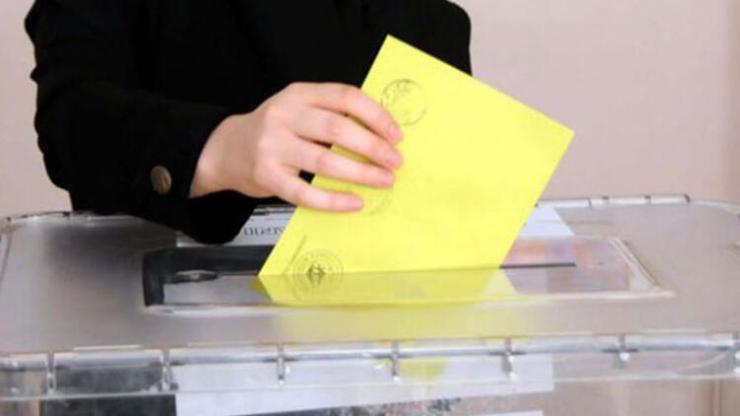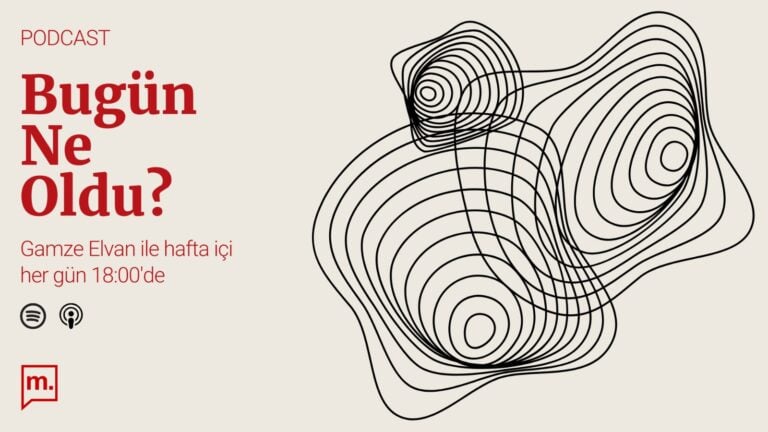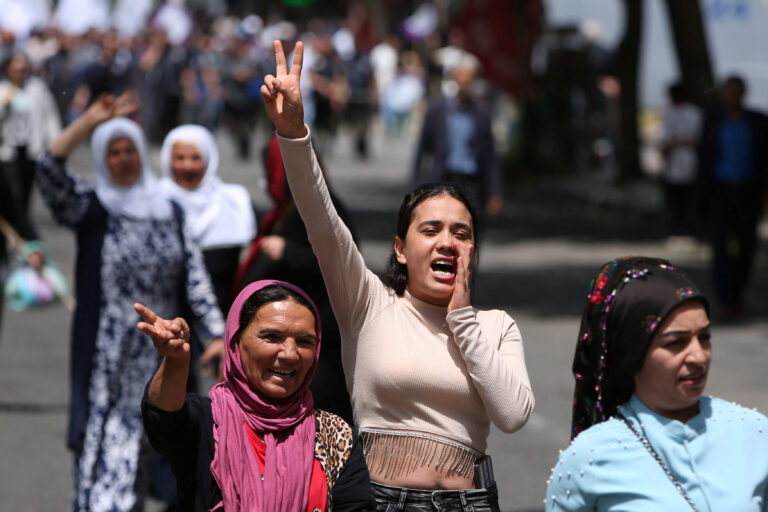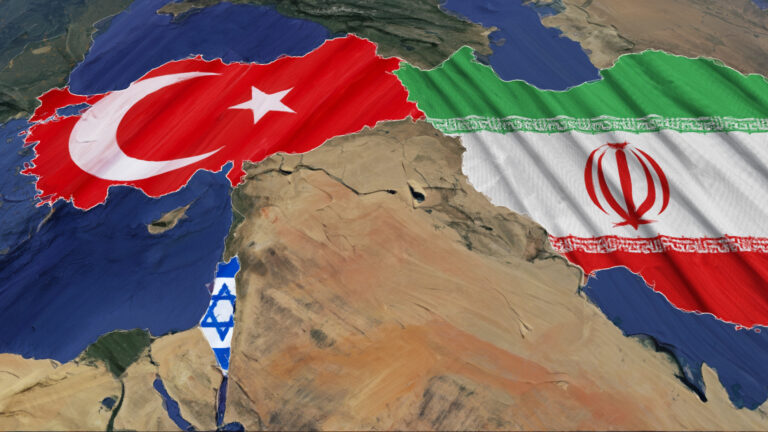by Leo Kendrick
A new plan by Turkey’s ruling People’s Alliance (Cumhur Ittifakı) to lower the longstanding 10% election threshold to 7% has raised eyebrows regarding the intentions behind and potential beneficiaries of such a change. The People’s Alliance, made up of President Recep Tayyip Erdoğan‘s Justice & Development Party (AKP) and the Nationalist Movement Party (MHP), announced plans for such a change last week, prompting speculation across the political spectrum regarding the effects such a change might have with major elections less than two years away.
The announcement of this planned change comes amidst new polling showing an increasingly dire picture for the president and ruling party. Polling from research firm Metropoll released in late August showed support for the AKP down nearly 17 percentage points compared to similar polling two years earlier. Despite this dramatic change, the polling showed that the opposition vote had failed to coalesce around a single party, with the benefits of the waning AKP support instead being spread across several of the opposition parties.

Turkey’s 10% election threshold, whereby parties must receive a minimum 10% of the vote in order to receive parliamentary representation, has long been criticized as one of the world’s highest. Dating back to the aftermath of the 1980 coup d’etat, proposals to lower the threshold have been variously floated as a means to increase democratic representation in Turkey, as the threshold limits political participation for smaller parties and groups.
Any notion, however, that the proposed change was being advanced with democratizing intentions in mind was quickly dismissed by analysts and opposition members. Several opposition parties, while expressing lukewarm approval for such a change, also questioned the need for such a threshold in the first place. Characterizing the election threshold as a “democratic shame”, a spokesperson for the main opposition Republican People’s Party (CHP) said “Why are we defending the threshold, it should be 0%”. Dursun Müsavat Dervişoğlu, a member of the İYİ Party who form the Nation Alliance (Millet Ittifakı) coalition with the CHP, was quoted expressing similar sentiments, saying “Political parties should be debating whether Turkey even needs an election threshold.” Characterizing the threshold change as one done with cynical, self-serving intentions, Dervişoğlu continued saying “Because the polls show that party ‘A’ will not dip below 7%, they have tailored the law to suit that single party,” referencing the MHP’s currently polling averages.
Members of the opposition were quick to allege that maintaining MHP represention in parliament was a primary motive behind the proposed change. Many pointed to the recent Metropoll polling, which showed MHP support slipping below the threshold to 8.9%, as evidence of this rationale. A representative of the opposition People’s Democratic Party (HDP) released a statement saying “The root of this debate is not to save Turkey from an anti-democratic system. We see the actual aim as extending a lifeline to the MHP, whose support has dropped to around 7%”. Some analysts, however, painted a more nuanced picture. Because the MHP forms a coalition with the AKP, which polls well above 10%, they aren’t technically required to meet the threshold in order to achieve parliamentary representation, according to Turkey’s “Alliance Law” (İttifak yasası). Therefore, extent to which the proposed change would even benefit the ruling coalition seems dubious at first glance. This puzzling fact has led some analysts to suspect that the ruling coalition plans to scrap the “Alliance Law” altogether. In a broadcast last week, Medyascope’s Ruşen Çakır posited that the law has now started to benefit Turkey’s opposition parties more than the ruling coalition, which could explain such a change.

The change would indeed be a major reversal, as the ruling People’s Alliance had long been defenders of the existing 10% threshold as well as the Alliance Law. Throughout their three-plus year alliance with Erdoğan’s AKP, the MHP has been a primary beneficiary of the Alliance Law, which allows them be part of the ruling coalition while maintaining their representation in parliament and receiving the direct support of their constituents. Medyascope contributor Kemal Can postulated that with the AKP quickly losing support, the intention behind such a change might be to make it more difficult for small, newly forming political parties to band together in order to form a competitive opposition alliance. This argument is backed by polling over the summer which showed a hypothetical opposition coalition defeating the AKP-MHP alliance by a narrow margin. A poll by the Sociopolitical Field Research Center from June asking respondents “Who would you vote for if the election were this Sunday?” showed a hypothetical CHP-İYİ Party-Saadet Party coalition defeating the ruling coalition by four points. New polling shows DEVA, Gelecek, and Saadet parties all benefiting from diminished AKP support. Therefore, the ability of smaller opposition parties to form coalitions may be directly relevant for the AKP’s long term electoral propects.
While it may be an important step in consolidating diminishing support, the election threshold change may be the most public admission yet of poor polling by the ruling coalition, especially given the MHP’s polling averages hover just above the new threshold. The AKP and MHP hope to bring the proposed change to parliament in October. If the proposition is passed successfully, it would go into effect in November 2022, shortly before the next presidential election, which is expected sometime in spring 2023.














